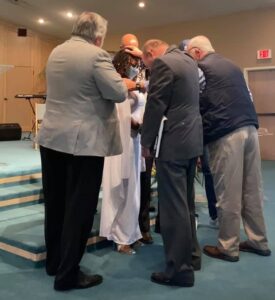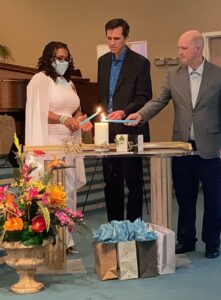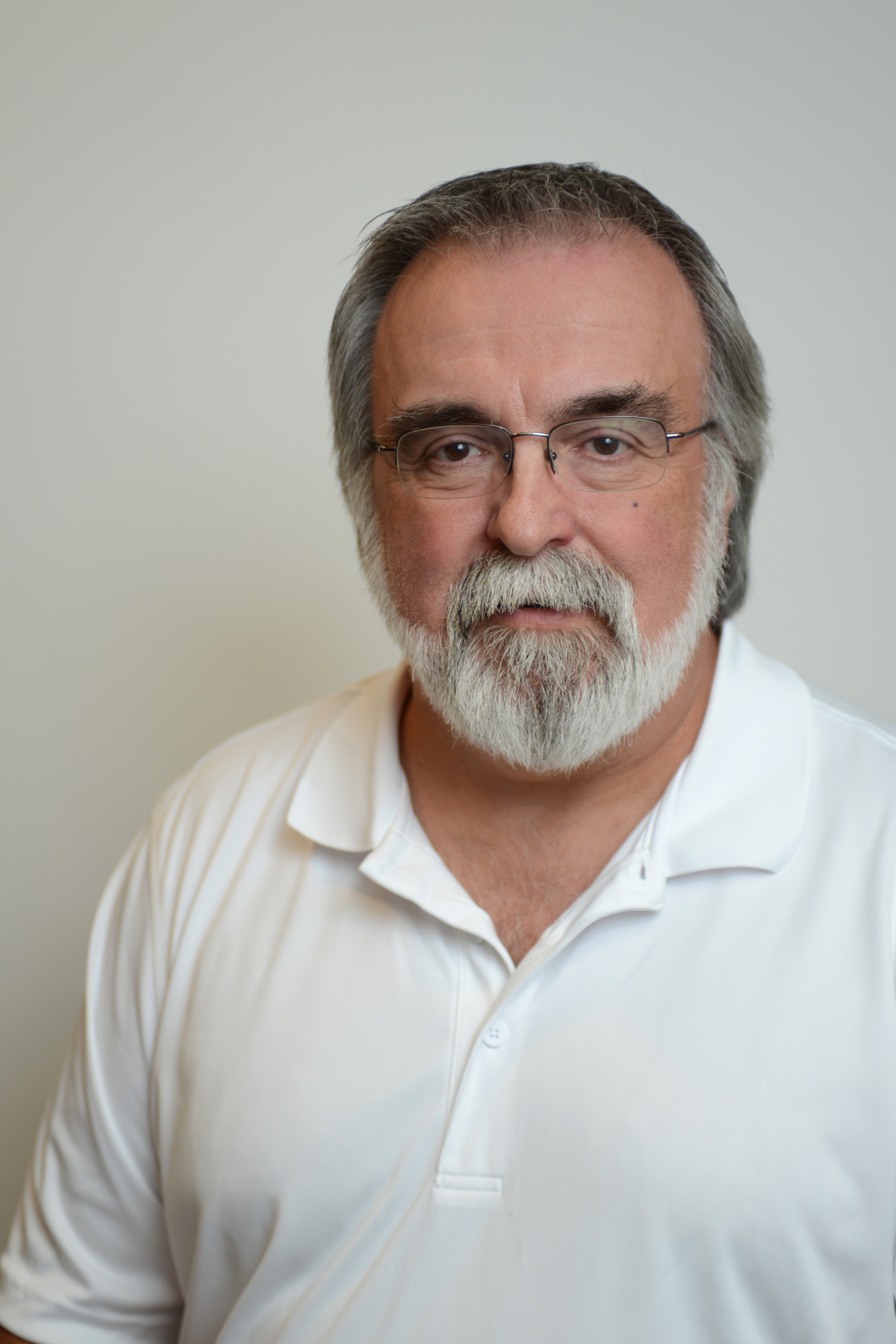Project Hope
Don’t forget to share Project Hope with the kids in your congregation! For more info on the challenge, click here.
Celebration Registration
Registration for the virtual 2021 Denominational Celebration is open! We will be focusing on the Hope Venue, shaping our worship services to be inspirational experiences that center around our hope in the person of Jesus.
Individual Registration for members and Watch Party Registration for leadership teams to participate and debrief together are both available. Make the Celebration a retreat for your congregation, click here for ideas on how to host a watch party.
Our Main Session Speakers
We are excited to present our GCI Superintendents & 2021 speakers! Each Superintendent will share stories of hope, revealing how the Spirit is moving in their regions. The Main Sessions will also feature an interview by GCI President Greg Williams with each Superintendent. Click here to visit our events page and read the Superintendents’ bios.







 Mr. Lee Pettijohn, longtime GCI member in Big Sandy, Texas, passed away April 14 while in hospice care at a local nursing home. He had been in declining health the last few years and had recently suffered a stroke. He was formerly in the church’s television department in Pasadena, California. He and his wife Vivian were wonderful members and friends in Big Sandy. Mr. Pettijohn was 87 years old and his widow, Vivian, is 93. We are especially grateful for the care they received from Lee’s daughter and her husband, Don & Jeanie Cochran, who moved here a few years ago from Oklahoma to take care of the Pettijohns.
Mr. Lee Pettijohn, longtime GCI member in Big Sandy, Texas, passed away April 14 while in hospice care at a local nursing home. He had been in declining health the last few years and had recently suffered a stroke. He was formerly in the church’s television department in Pasadena, California. He and his wife Vivian were wonderful members and friends in Big Sandy. Mr. Pettijohn was 87 years old and his widow, Vivian, is 93. We are especially grateful for the care they received from Lee’s daughter and her husband, Don & Jeanie Cochran, who moved here a few years ago from Oklahoma to take care of the Pettijohns.
 To help our GCI brothers and sisters in St. Vincent with urgent needs caused by the recent volcanic eruption there, GCI is sending $5,000 immediately from the Home Office GCI Disaster Relief Fund. This will help provide emergency food, water, and other urgent needs. We will monitor the situation for potential additional assistance needs. We have also learned that GCI Canada has sent $5,000.
To help our GCI brothers and sisters in St. Vincent with urgent needs caused by the recent volcanic eruption there, GCI is sending $5,000 immediately from the Home Office GCI Disaster Relief Fund. This will help provide emergency food, water, and other urgent needs. We will monitor the situation for potential additional assistance needs. We have also learned that GCI Canada has sent $5,000.






